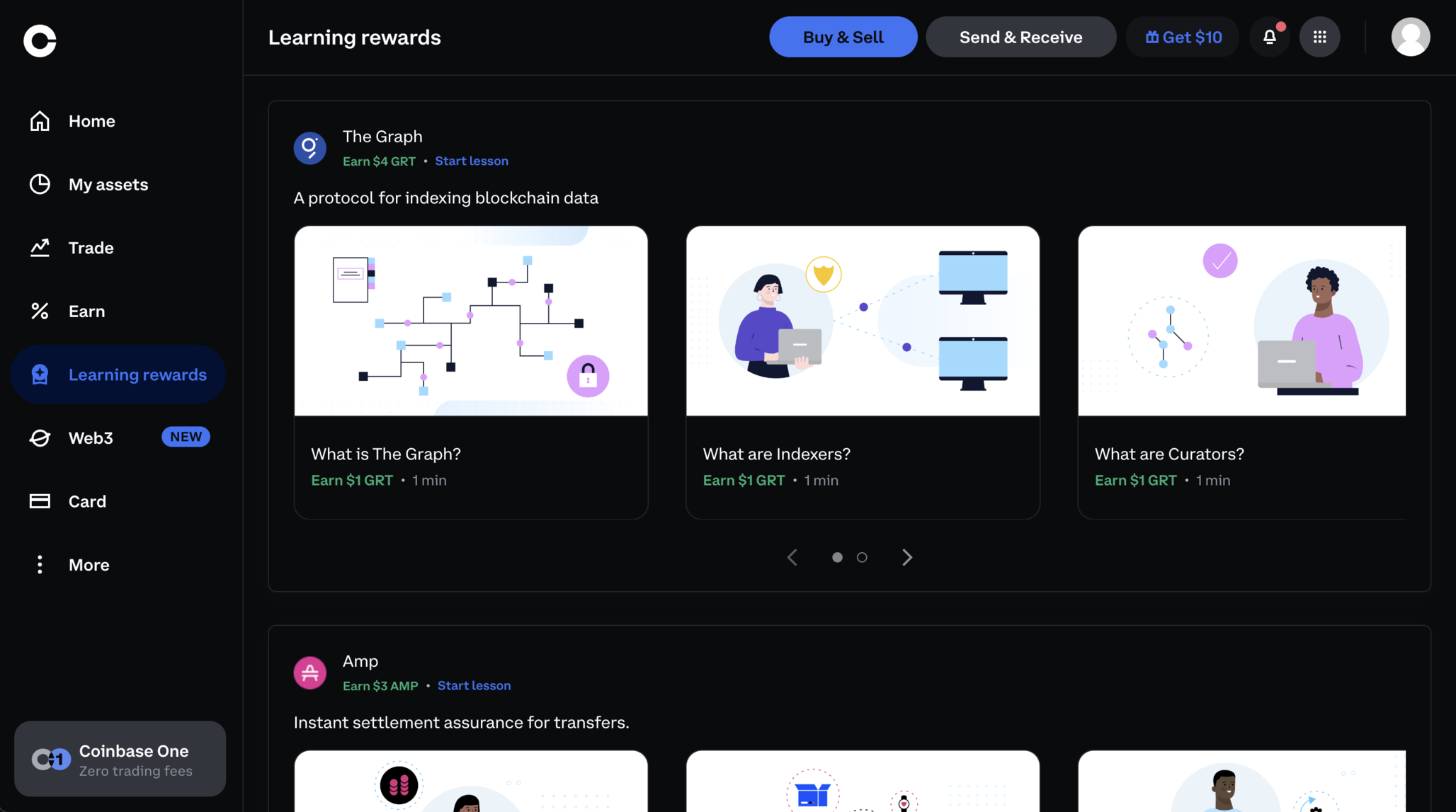In the competitive world of B2B marketing, social proof has become an indispensable tool for building trust, credibility, and ultimately driving conversions. As potential customers navigate through a sea of options, they look for signals that validate their choices. This is where social proof comes into play, serving as a psychological trigger that influences decision-making processes.
For B2B growth marketers, harnessing the power of social proof is not just beneficial—it's essential. By showcasing the positive experiences of others, you can effectively reduce the perceived risk associated with your product or service, making it easier for potential clients to choose your brand over competitors.
In this comprehensive guide, we'll explore 15 powerful strategies to increase social proof for your B2B business. These tactics are designed to help you build a robust foundation of trust, enhance your brand's reputation, and drive growth in today's digital landscape.
Table of Contents
- Leverage Customer Testimonials
- Showcase Case Studies and Success Stories
- Highlight Industry Awards and Certifications
- Utilize User-Generated Content
- Display Client Logos
- Implement Review Systems
- Harness the Power of Influencer Partnerships
- Create and Share Video Testimonials
- Leverage Social Media Proof
- Publish Data-Driven Results
- Incorporate Trust Badges and Security Seals
- Feature Expert Endorsements
- Showcase Your Team's Expertise
- Implement Live Social Proof Notifications
- Cultivate a Community Around Your Brand
Let's dive into each of these strategies to help you boost your social proof and accelerate your B2B growth.
1. Leverage Customer Testimonials
Customer testimonials are the cornerstone of social proof for B2B businesses. They provide authentic, relatable experiences that potential clients can identify with, making them a powerful tool for building trust and credibility.
To effectively leverage customer testimonials:
- Collect diverse testimonials that cover various aspects of your product or service
- Feature testimonials prominently on your website, especially on high-traffic pages
- Include specific details about the results or benefits customers have experienced
- Use a mix of written and video testimonials to cater to different preferences
- Regularly update your testimonials to keep them fresh and relevant
Remember, the most impactful testimonials are those that address common pain points and demonstrate clear solutions provided by your product or service.
2. Showcase Case Studies and Success Stories
Case studies and success stories offer in-depth looks at how your product or service has solved real problems for real businesses. They provide concrete evidence of your value proposition and can be incredibly persuasive for potential clients who are on the fence.
To create compelling case studies:
- Choose diverse clients across different industries or use cases
- Structure your case studies with clear before-and-after scenarios
- Include specific metrics and data points to quantify the results
- Incorporate quotes from key stakeholders involved in the project
- Make your case studies easily accessible on your website and use them in your sales collateral
Consider creating a dedicated section on your website for case studies, organized by industry or challenge solved, to help potential clients quickly find relevant examples.
3. Highlight Industry Awards and Certifications
Industry awards and certifications serve as third-party validations of your expertise and the quality of your offerings. They can significantly boost your credibility and set you apart from competitors.
To effectively showcase your accolades:
- Display award logos and certification badges prominently on your website
- Create a dedicated "Awards and Recognition" page detailing your achievements
- Mention relevant awards in your marketing materials and sales pitches
- Share news about new awards or certifications across your social media channels
- Include these accolades in your email signatures and business proposals
Remember to keep this section updated and only highlight awards and certifications that are relevant to your target audience and industry.
4. Utilize User-Generated Content
User-generated content (UGC) is a powerful form of social proof that showcases real users interacting with your product or service. It adds authenticity to your brand and can be more relatable than polished marketing materials.
To leverage UGC effectively:
- Encourage customers to share their experiences on social media
- Create a branded hashtag for users to tag their content
- Feature UGC on your website and social media profiles
- Run contests or campaigns that incentivize users to create and share content
- Always ask for permission before using customer-created content in your marketing
UGC can take many forms, from social media posts and reviews to blog articles and video testimonials. The key is to curate and showcase content that aligns with your brand message and resonates with your target audience.
5. Display Client Logos
Showcasing logos of well-known clients or partners can instantly boost your credibility, especially if you work with reputable brands in your industry. This visual representation of your client base can be a powerful trust signal for potential customers.
To effectively use client logos:
- Create a "Clients" or "Partners" section on your website
- Ensure you have permission to use each logo
- Group logos by industry or size if you have a diverse client base
- Consider adding brief descriptions or case study links alongside logos
- Regularly update this section to include new notable clients
While it's impressive to showcase big-name clients, don't neglect smaller or lesser-known companies if they represent important segments of your target market.
6. Implement Review Systems
Online reviews are a crucial form of social proof, especially for B2B services. Implementing a review system on your website or leveraging third-party review platforms can provide potential clients with valuable insights into others' experiences with your brand.
To make the most of review systems:
- Choose reputable review platforms relevant to your industry (e.g., G2, Capterra, TrustRadius)
- Encourage satisfied customers to leave reviews after successful projects
- Respond promptly and professionally to all reviews, both positive and negative
- Feature snippets of positive reviews on your website and in marketing materials
- Use review data to identify areas for improvement in your product or service
Remember, transparency is key. Don't try to hide negative reviews; instead, use them as opportunities to demonstrate your commitment to customer satisfaction and continuous improvement.
7. Harness the Power of Influencer Partnerships
While often associated with B2C marketing, influencer partnerships can be highly effective in the B2B space when done right. Collaborating with industry thought leaders, respected professionals, or complementary brands can extend your reach and lend credibility to your offerings.
To create successful influencer partnerships:
- Identify influencers who align with your brand values and target audience
- Focus on quality over quantity – a few strategic partnerships can be more effective than many superficial ones
- Collaborate on content creation, such as webinars, podcasts, or co-authored whitepapers
- Leverage influencers' expertise through guest blog posts or expert interviews
- Ensure all partnerships are disclosed transparently to maintain trust
Remember that in B2B, influencers are often industry experts, analysts, or executives rather than social media celebrities. Choose partners whose endorsement will carry weight with your target audience.
8. Create and Share Video Testimonials
Video testimonials combine the power of visual storytelling with the authenticity of customer experiences, making them a particularly compelling form of social proof. They allow potential clients to see and hear directly from satisfied customers, adding a personal touch that written testimonials can't match.
To produce effective video testimonials:
- Choose customers who can articulate their experience clearly and enthusiastically
- Keep videos concise (1-2 minutes) to maintain viewer engagement
- Focus on specific problems solved and results achieved
- Ensure high production quality without losing authenticity
- Distribute videos across multiple channels: website, social media, email campaigns, and sales presentations
Consider creating a series of video testimonials that cover different aspects of your product or service, or that speak to various industries you serve.
9. Leverage Social Media Proof
Social media platforms offer numerous opportunities to showcase social proof. From follower counts and engagement rates to shared content and mentions, these digital signals can contribute to your brand's perceived value and popularity.
To effectively leverage social media proof:
- Maintain active and engaging profiles on platforms where your target audience is present
- Encourage satisfied customers to share their experiences on social media
- Showcase positive mentions and tags from clients in your social media content
- Display social media feeds or social proof widgets on your website
- Use social listening tools to track and respond to brand mentions across platforms
Remember to focus on quality over quantity. A smaller, highly engaged following can be more impressive than a large but inactive one.
10. Publish Data-Driven Results
In the B2B world, data speaks volumes. Sharing concrete, quantifiable results that your product or service has achieved for clients can be incredibly persuasive. This approach combines the power of social proof with hard evidence of your effectiveness.
To effectively showcase data-driven results:
- Collect and analyze data on key performance indicators relevant to your offering
- Present results in easy-to-understand formats like infographics or charts
- Use specific, impressive statistics in your marketing materials and sales pitches
- Create case studies or whitepapers that dive deep into the data behind client successes
- Regularly update your published results to reflect your latest achievements
Be sure to contextualize your data, explaining not just the numbers but what they mean for your clients' businesses. This helps potential customers understand the real-world impact of your product or service.
11. Incorporate Trust Badges and Security Seals
In an era where data security and privacy are top concerns for businesses, displaying trust badges and security seals can provide reassurance to potential clients. These visual indicators of your commitment to security and best practices can boost confidence in your brand.
To effectively use trust badges and security seals:
- Display badges from recognized security providers or industry associations
- Include payment processor logos if you handle financial transactions
- Showcase any compliance certifications relevant to your industry (e.g., GDPR, HIPAA)
- Place these trust signals in prominent locations, such as your homepage and checkout pages
- Ensure all badges and seals are up-to-date and link to verification pages when clicked
Remember, it's not just about displaying the badges – you need to actually implement and maintain the security measures they represent.
12. Feature Expert Endorsements
Endorsements from industry experts or thought leaders can significantly boost your credibility. These individuals often have a loyal following and their seal of approval can influence potential clients' perceptions of your brand.
To leverage expert endorsements:
- Identify experts whose opinions are valued in your industry
- Reach out for honest reviews or feedback on your product or service
- Quote experts in your marketing materials, with their permission
- Invite experts to contribute guest content or participate in webinars
- Feature expert endorsements prominently on your website and in sales collateral
Ensure that any expert endorsements are genuine and align with your brand values. Forced or insincere endorsements can backfire and damage your credibility.
13. Showcase Your Team's Expertise
Your team's collective expertise is a powerful form of social proof. Highlighting the knowledge, experience, and achievements of your team members can instill confidence in potential clients about your company's capabilities.
To effectively showcase your team's expertise:
- Create detailed team member profiles on your website
- Highlight relevant certifications, awards, and industry recognition
- Share thought leadership content created by team members
- Feature team members as speakers at industry events or webinars
- Encourage team members to engage in industry discussions on social media and forums
Remember to focus on expertise that is directly relevant to your clients' needs and the problems your product or service solves.
14. Implement Live Social Proof Notifications
Live social proof notifications are real-time pop-ups that show recent customer activities, such as purchases, sign-ups, or positive reviews. These dynamic elements can create a sense of active engagement with your brand and encourage visitors to take action.
To effectively use live social proof notifications:
- Choose a notification tool that integrates well with your website
- Customize notifications to match your brand style and tone
- Set appropriate timing and frequency to avoid overwhelming visitors
- Use a mix of different types of notifications (e.g., recent purchases, new sign-ups, positive reviews)
- A/B test different notification styles and content to optimize effectiveness
While these notifications can be effective, be careful not to overuse them. The goal is to provide helpful social proof, not to distract or annoy your website visitors.
15. Cultivate a Community Around Your Brand
Building a community around your brand can create powerful social proof by demonstrating ongoing engagement and loyalty from your customers. A thriving community shows potential clients that your product or service provides lasting value.
To cultivate a brand community:
- Create a dedicated space for customer interaction (e.g., a forum, Slack channel, or Facebook group)
- Encourage knowledge sharing and peer support among community members
- Host regular events, webinars, or Q&A sessions for community members
- Highlight community success stories and user-generated content
- Involve community members in product development or beta testing
A strong community can not only provide social proof but also valuable insights for product improvement and customer retention strategies.
Conclusion
Implementing these 15 strategies to increase social proof can significantly enhance your B2B marketing efforts. By leveraging various forms of social proof – from customer testimonials and case studies to expert endorsements and community building – you can create a compelling narrative that resonates with potential clients and sets your brand apart in the competitive B2B landscape.
Remember, the key to effective social proof is authenticity. Focus on showcasing genuine experiences and results, and always prioritize providing value to your audience. As you implement these strategies, continually measure their impact and refine your approach to maximize effectiveness.
By consistently building and showcasing social proof, you'll not only attract more potential clients but also build lasting relationships with your existing customer base. In the world of B2B marketing, where trust and credibility are paramount, a strong foundation of social proof can be your most powerful asset for driving growth and success.







